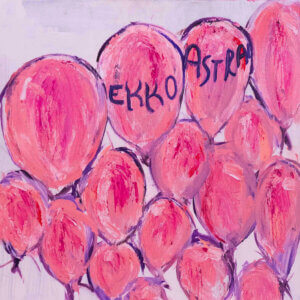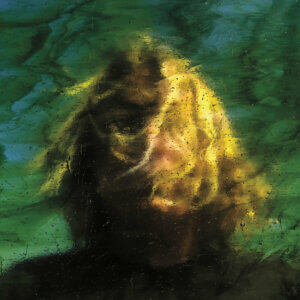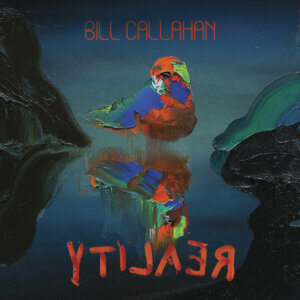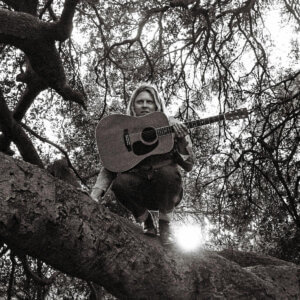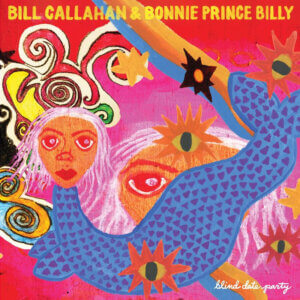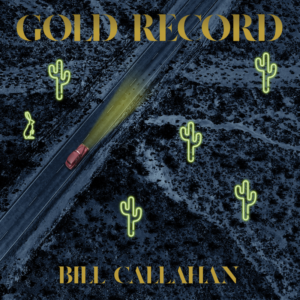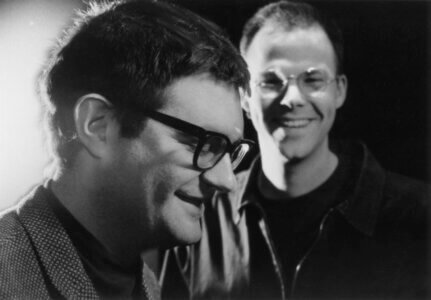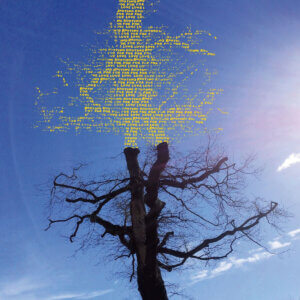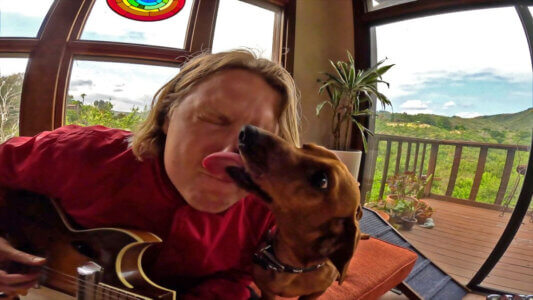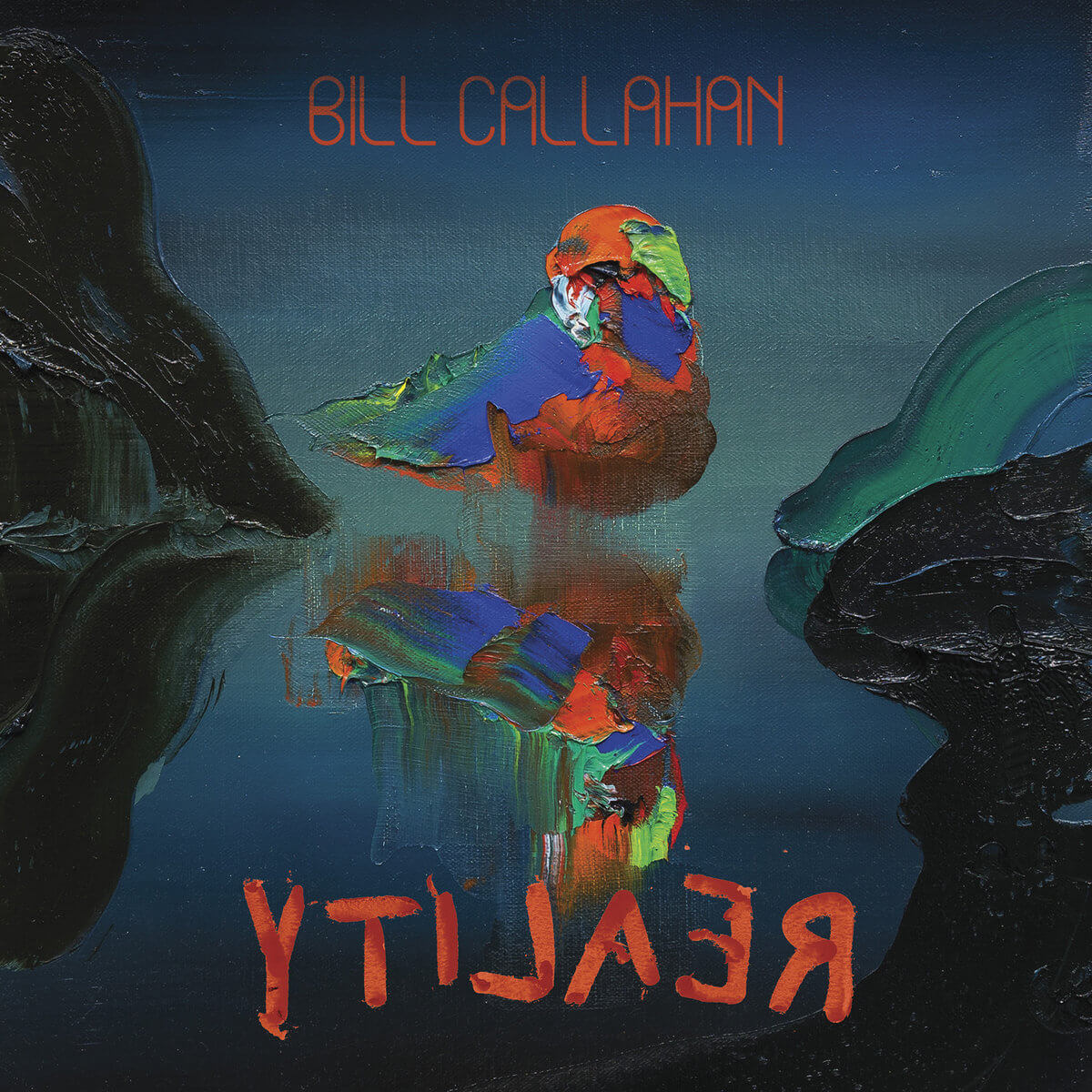
7.6
YTI⅃AƎЯ
Bill Callahan
Much of Bill Callahan’s music unfolds like a dream; mysterious figures, often anthropomorphic, come and go, bewildering landscapes unfold and fold in on themselves, while our narrator tries to make sense of it all.
It’s fitting, then, that the first line of Callahan’s new album YTI⅃AƎЯ is this, “And we’re coming out of dreams / As we’re coming back to dreams”. The song “First Bird”, from which this lyric belongs, represents a synthesis of the ideas and themes that have dominated Callahan’s music for decades; the deceptive nature of our minds, finding bliss in the everyday and magic in nature. Backdropped by subtle hand-picked guitar playing, Callahan pens a touching tribute to his children; his daughter’s hand in his son’s palm and her feet never touching the ground “because everybody wants to carry her around”.
As opposed to the wigged-out, cryptic lyrics that often dominate Callahan’s music – and aren’t exactly in short supply here – these matter-of-fact moments of groundedness prove to be some of YTI⅃AƎЯ’s most enduring and affecting. “Lily” is the album’s centrepiece and, with time, will surely prove to be among Callahan’s most definitive statements. A tribute to his late mother – who passed in 2018 – it’s devastatingly sparse, almost a capella in parts, and filled with devastating intimacies. “I started writing your death song…”, he begins, before taking a few-seconds pause that feels far longer and is loaded with significance, “…Long before you were gone”. Across five minutes, Callahan tells of her “eyes turned to ice”, wanting to put on her favourite song before she departed and – in one particularly painful verse – the “scream” of the gurney wheel as she was moved down the hall.
By way of “Lily”’s immense power, everything that comes after it should, inherently, feel a little anticlimactic. It’s a testament, then, to Callahan’s immense talents that such simply isn’t the case. The following two tracks, “Naked Souls” and “Coyotes”, similarly rank among the folk singer’s best. The former is a haunting portrait of an Incel-type “locked away”, “stress-eating in a diner in Dallas”, sporting “F-You” shades. A swelling cacophony of horns emerge in the song’s second half as Callahan cries “God destroy these naked souls” repeatedly, with real, convincing terror in his voice. “Coyotes”, by contrast, is warm and intimate; it’s a love song that, in true Callahan fashion, also features an ode to finding harmony between animals (“The coyotes are getting bolder / They come to watch the dog sleep”). The song descends into an oft-impenetrable dream monologue (“You were bent over, a peanut of a child / A new flower on the pea vine”), but Callahan eventually stumbles upon clarity: “I realise now that dreams are real / I wanted to tell you, we tend to stick together.”
YTI⅃AƎЯ ends with a tribute – speculated to be a eulogy to the late, great David Berman. “If you were a house fire / I’d go back in for the cat”, Callahan sings in one warm yet subtly damnatory line – a comment on our attraction to that which is destructive, wild and unbound. This ability of Callahan’s to combine the macabre with the charming until the two become disconcertingly inextricable pops up elsewhere on YTI⅃AƎЯ – most notably on “Everyway”, where he sings of warming one’s hands “in the corpse of a wild horse”. Amidst over an hour of minimalist folk music, that can necessarily blend together into a sort of amiable blur, it’s these moments that remain standout. These are the moments where Callahan does with his music what he’s done with the backwards reflected album title; make the familiar subtly strange and blur the distinction between reality and fictions of the mind, until the distinction between the two seems beyond the point.
Purchase YTI⅃AƎЯ by Bill Callahan HERE
Latest Reviews
Tracks
Related Albums
Related News
Advertisement
Looking for something new to listen to?
Sign up to our all-new newsletter for top-notch reviews, news, videos and playlists.

